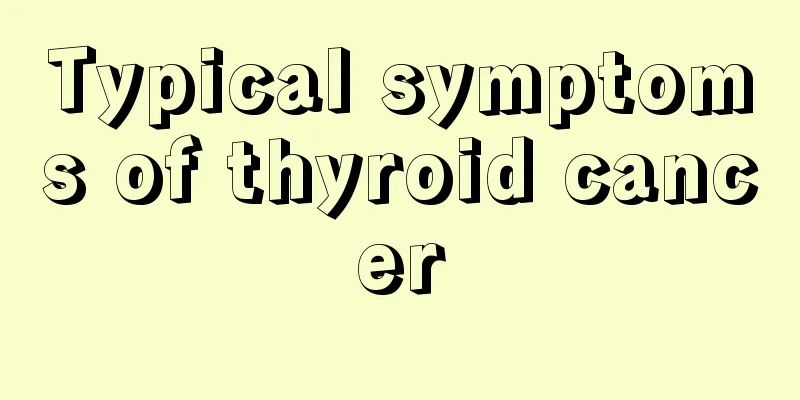Why do you get uterine cancer

|
Uterine cancer is one of the most common malignant tumors in gynecology. Uterine cancer includes uterine body cancer (also known as endometrial cancer) and cervical cancer. Globally, more than 200,000 women die from cervical cancer each year. In developing countries, cervical cancer is a common and frequent gynecological tumor, ranking first. So what are the causes of uterine cancer? 1. Obesity: About 80% of endometrial cancer patients weigh more than 10% of the normal average body weight. Obesity is a manifestation of endocrine imbalance. A large amount of fat in the body increases the storage of estrogen. Fat is also conducive to the aromatization of androgens, increasing the estrogen content in the blood, leading to endometrial hyperplasia and even cancer. 2. Infertility is a high-risk factor for endometrial cancer. The risk decreases with the increase in the number of births. Women with infertility caused by long-term anovulation are more likely to suffer from this disease than women who have given birth to one child. Patients with polycystic ovary disease are also prone to this disease for the same reason. 3. Those with menstrual disorders, early menarche or delayed menopause are more susceptible to endometrial cancer. In the period before menopause, there is often no ovulation, estrogen has no progesterone to counteract, and the endometrium proliferates. 4. It is related to eating habits. People who consume a lot of fat and oil have an increased relative risk of endometrial cancer, while vegetables and fruits have a protective effect, reducing the relative risk. High fat has the function of storing estrogen, which will cause endometrial hyperplasia and even transformation into cancer. 5. Some patients with diabetes, hypertension, etc. may have high estrogen levels in their bodies due to long-term pituitary abnormalities; women with polycystic ovary syndrome and atypical endometrial hyperplasia may have high estrogen levels in their bodies due to long-term pituitary abnormalities. 6. For various reasons, those who take exogenous estrogen for a long time have an increased possibility of developing endometrial cancer. Using exogenous estrogen alone without progesterone can increase the risk of endometrial cancer, which is related to the dose and duration of estrogen. If progesterone is added to counteract it, the risk can be reduced. 7. For uterine bleeding that does not heal for a long time, especially uterine bleeding after menopause, you should consider the possibility of endometrial cancer and have a gynecological examination as soon as possible for early detection and treatment. 8. People with high income and higher education have a 2 times higher risk of developing endometrial cancer than poorer people. 9. Those with a history of X-ray exposure have a higher probability of developing endometrial cancer than those without a history of X-ray exposure. Due to the influence of genetic factors, patients with endometrial cancer often have a family history or a history of cancer in close relatives. Therefore, those with a family history of endometrial cancer and a history of cancer in close relatives have an increased risk of the disease. |
<<: Can a virgin get uterine cancer
>>: What are the causes of uterine cancer
Recommend
Can you eat ripe bananas?
Most of the bananas we eat are raw. This is becau...
Persistent pain in upper abdomen
The human abdomen is mainly divided into the uppe...
Symptoms of lung cancer
The clinical manifestations of lung cancer are cl...
What medicine should I take for nasopharyngeal cancer pain
What medicine should I take for nasopharyngeal ca...
What to do if the skin itches in the late stage of liver cancer? There are several ways
What should I do if my skin itches in the late st...
What are the adverse reactions of vitamin overdose?
Vitamins are a type of trace element that is very...
Can fresh daylily be eaten
We all know that vegetables and fruits are better...
What’s going on if I haven’t had a bowel movement for several days?
Not having a bowel movement for several days is a...
How should I care before gallbladder cancer surgery?
What are the methods of preoperative care for gal...
What kind of diet should patients with ovarian cancer pay attention to
What should ovarian cancer patients pay attention...
How many days does it take to ferment rice wine and add water
I believe that many people often drink rice wine ...
What can't people with glioma eat
Glioma is a common malignant tumor that can be tr...
How harmful is hamartoma
How harmful is a hamartoma? A hamartoma is a tumo...
Which hospital is good for ovarian tumors
Traditional Chinese medicine plays a very importa...
Tips for girls to get rid of leg hair
Many people have very dense body hair, especially...









